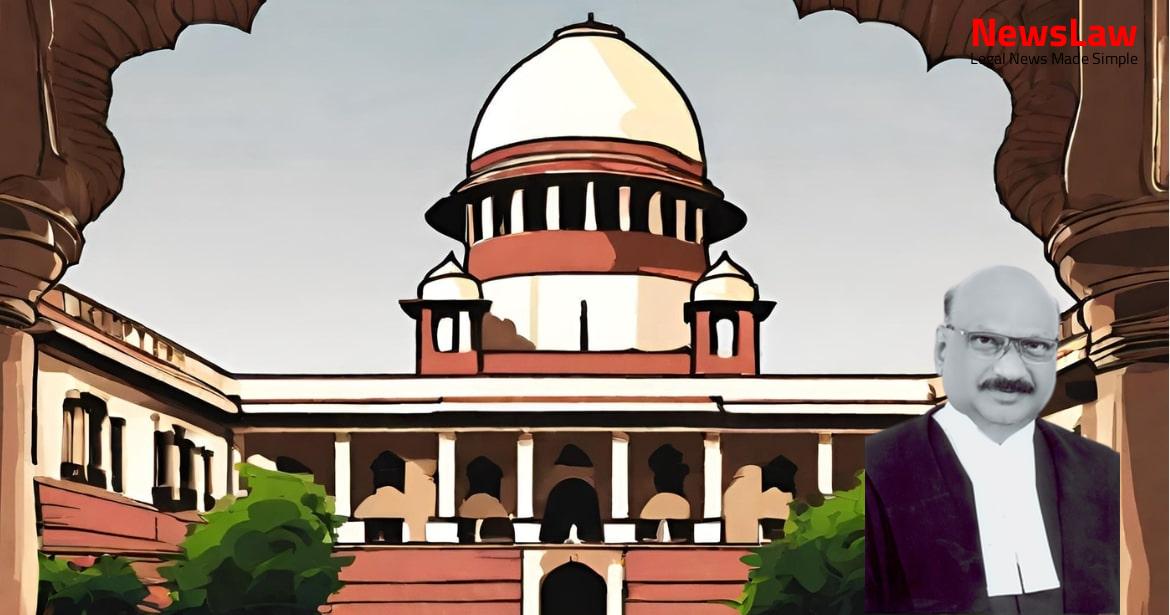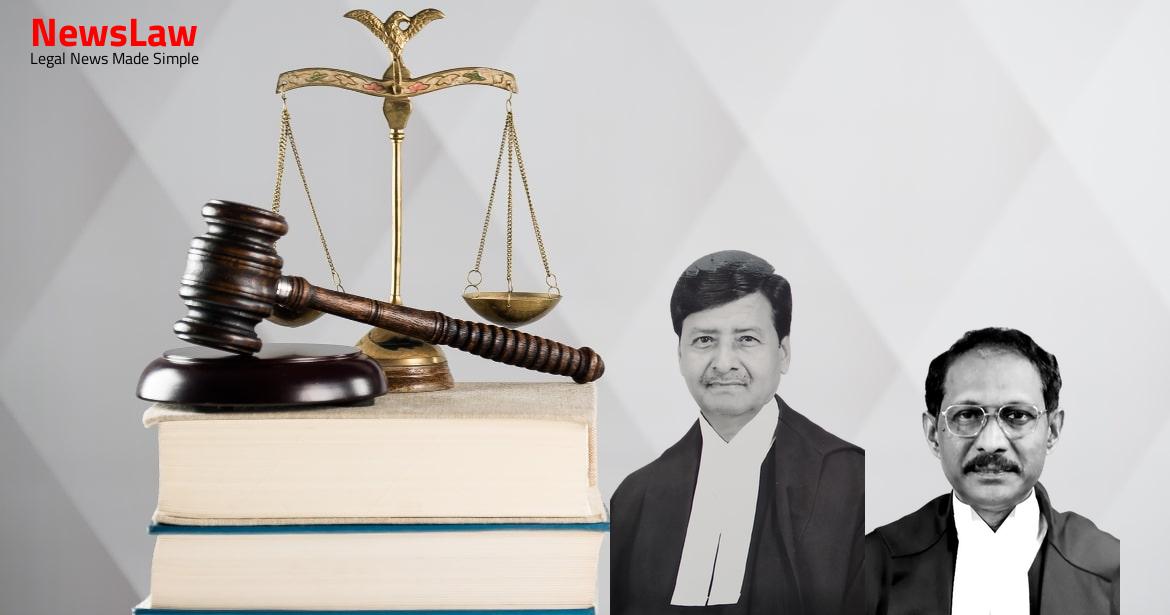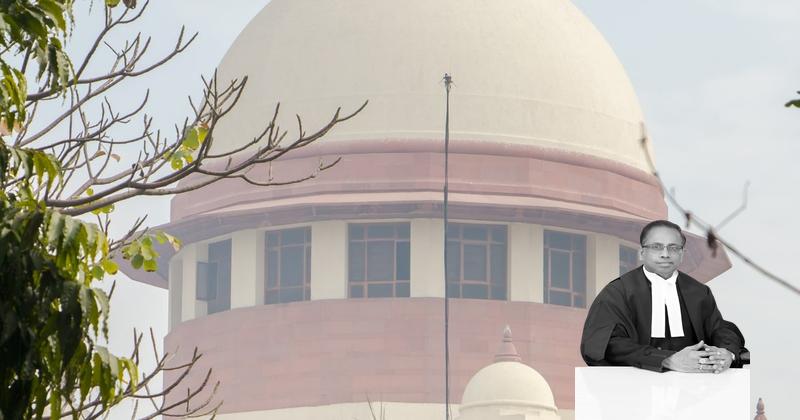In a landmark decision by the Supreme Court of India, a detailed analysis of The Chhattisgarh Murder Case sheds light on the complexities of relying on dying declarations in legal proceedings. This case delves into the intricacies of evidence presentation and the burden of proof faced by the prosecution. Stay tuned for a comprehensive review of this crucial judgment setting legal precedents.
Facts
- The High Court of Chhattisgarh at Bilaspur convicted the appellant under Section 302 of the IPC for the murder of Vimla Bai.
- The appellant was sentenced to undergo rigorous imprisonment for life and to pay a fine of Rs. 500.
- Vimla Bai sustained burn injuries and passed away in the hospital.
- The incident was reported to Police Station Gurur by Lalita Sahu, the daughter of the deceased.
- The appellant Poonam Bai is the niece of the deceased.
- Poonam Bai came to the house of the deceased, quarreled with her, poured kerosene on her body, and set her on fire with a matchstick.
Also Read: Tower Infotech Ltd. Bail Order Appeal
Arguments
- The prosecution has not proven its case beyond reasonable doubt.
- Lack of eye witnesses to the incident in question.
- Case primarily relies on two dying declarations.
- Motive for the offence has not been established.
- High Court’s reversal of the trial court’s acquittal judgment questioned.
- Trial court’s judgment not deemed as perverse.
- Mr. Sumeer Sodhi, learned counsel for the respondent-State argued in support of the judgment of the High Court.
- He vehemently supported the reasoning behind the trial court’s acquittal of the accused.
- Mr. Sodhi emphasized that the prosecution failed to prove the sole circumstance of the dying declarations relied upon.
Also Read: Priority of Employees’ Dues in Asset Sale: SARFAESI Act vs. Land Revenue Code
Analysis
- The Investigating Officer went to the spot immediately after receiving oral information about the incident, but the FIR was registered based on Lalita Sahu’s statement later in the day.
- Evidence of oral dying declaration is shaky, and such declarations are weak types of evidence.
- The prosecution heavily relies on the dying declaration recorded by the Naib Tehsildar-cum-Executive Magistrate in the hospital, but the original document was not produced in court.
- The testimony of witnesses and the Investigating Officer raises doubts about the authenticity and reliability of the dying declaration (Exhibit P-2).
- The Naib Tehsildar-cum-Executive Magistrate’s role in recording the dying declaration appears suspicious, especially since the original document and signatures of witnesses are missing.
- The trial court found the dying declaration to be unbelievable and not trustworthy, raising questions about the victim’s ability to provide such detailed statements in an unconscious state.
- The High Court overturned the trial court’s decision without addressing the concerns raised regarding the dying declaration’s authenticity.
- Witnesses’ accounts of the oral dying declaration are considered an afterthought as they were not initially mentioned during police statements.
- The court emphasizes the importance of dying declarations being voluntary, trustworthy, and blemishless to serve as the sole basis for conviction.
- The evidence regarding the dying declarations has not been proven beyond reasonable doubt by the prosecution.
- High Court was not justified in convicting the appellant due to lack of concrete evidence.
- There is no other material against the appellant to implicate her.
- Motive for the alleged offence has not been established by the prosecution.
- Considering the totality of facts and circumstances, the judgment of the High Court is set aside.
- The decision of the trial court is restored.
Also Read: Landmark Judgement on Consumer Rights in Healthcare Sector
Decision
- The appellant has been acquitted of the charges against her.
- The appellant is in custody.
- The appellant is to be released immediately if not needed for any other case.
Case Title: POONAM BAI Vs. THE STATE OF CHHATTISGARH
Case Number: Crl.A. No.-000903 / 2018



